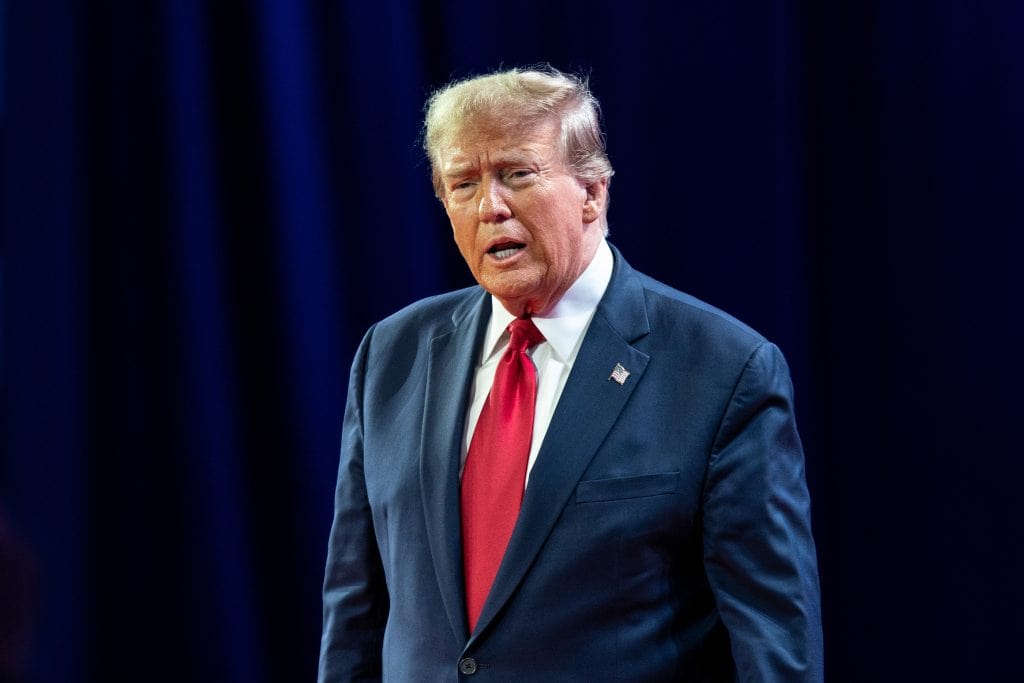Amicus Briefs
People of the State of New York v. Donald J. Trump, et al.
CASE SUMMARY
NCLA and Professor Philip Hamburger argue that a statute being used to prosecute former President Trump for alleged fraud is unconstitutional. Unlike common law fraud, New York Executive Law § 63.12 allows courts to punish defendants—as happened here—simply for making incorrect business statements, regardless of whether any inaccuracy was intentional (i.e., no need to prove mens rea) or whether anyone was harmed as a result.
NCLA has successfully sued the Trump and Biden administrations, but we understand that all Americans—including controversial figures—must equally enjoy the freedom of speech. For that reason, NCLA had § 63.12 in our sights long before the current controversy emerged, as it has been abused before. NY’s Executive Law targets untruths, even immaterial untruths, that are made without bad intent, recklessness, or negligence and do not cause concrete harm to an identifiable third party. This standard runs roughshod over the First Amendment, which, as the Supreme Court has explicitly and repeatedly held, protects mere untruths that do not tangibly harm particular people.
Much more is at stake here than former President Trump’s allegedly inflated real estate valuations. Because § 63.12 allows prosecution for all business untruths, including unintentionally false statements, it discourages innocent people from taking the risk of speaking and thus chills truthful speech as well. Progress depends on our willingness to experiment in speech—to try out conclusions that may turn out to be incorrect—making § 63.12’s threat to innocent words later shown to be untrue profoundly dangerous. For this reason, the First Amendment has long protected false speech.
Regrettably, when former President Trump’s lawyers raised elements of this First Amendment argument to the trial court in this case, pointing out that § 63.12 permits punishments for false statements absent fraudulent intent or alleged damages, the court declared their arguments “frivolous,” and it imposed thousands of dollars in sanctions. Penalizing Trump’s attorneys for presenting what is not only a meritorious argument, but should be a winning one, compounded the constitutional problems with this case, violating the Fourteenth Amendment by denying the Defendants due process of law.
In August 2025, the Appellate Division of the Supreme Court of the State of New York vacated the more than $500 million fine imposed on President Trump and the penalties against his attorneys, a victory for NCLA.
OUR TEAM
RELEVANT MATERIALS
NCLA FILINGS
PRESS RELEASES
IN THE MEDIA
The Stakes for Speech of Trump’s Civil Verdict
December 12, 2024

